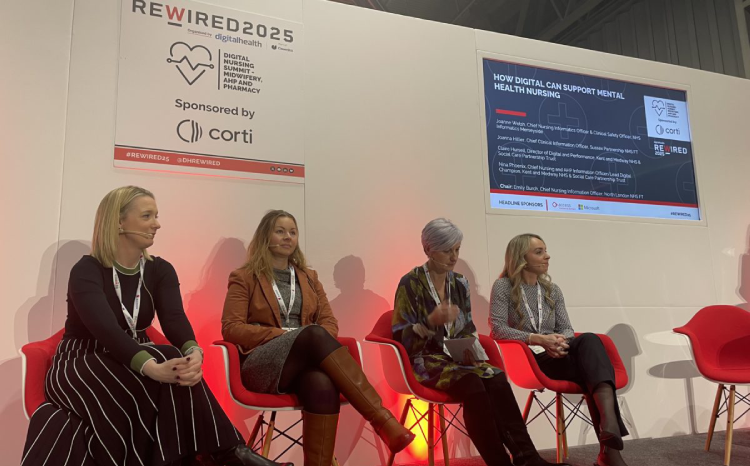Research highlights pitfalls in Catalan e-health
- 7 April 2008
Researchers at the Open University of Catalonia have released a new study which describes aspects of Catalan’s integrated electronic patient record as a ‘technological utopia’ due to technological and cultural barriers.
The report also expresses concerns about cultural resistance to the region’s electronic patient record plans.
The 22 page study, entitled “e-health and society: an empirical study of Catalonia, focuses on the organisational and social effects of the introduction of information and communication technologies in one of the leading hospitals of Catalonia, the Clinic Hospital of Barcelona.
At the Barcelona clinic they found general acceptance of the system, as well as some reported problems related to cultural resistance.
The paper states: “We conclude that the innovative culture of this elite hospital is contradicted by the traditional division of labor within the hospital and by the distance kept vis a vis the patients as active subjects of their own health care.”
It adds: “The transformation of hospitals towards more effective health care requires a simultaneous process of change in technology, in the organisation, and in the values of the entire personnel.
“There is however a major problem: the nurses and auxiliary personnel have not been
fully integrated in the intra-network of SAP that remains by and large the reserved domain of doctors and administrators. This can only be explained by an excessive traditionalism in the relationships between doctors and their support staff.”
The researchers found that different groups of Clinic staff were not adverse to technology, with the survey showing widespread use of the internet at home, “and a willingness of the nurses to change their working procedures and to integrate their tasks in the SAP system”.
The study goes on to describe the Catalan government’s project to integrate electronically the patients’ clinical history as an unrealistic “technological utopia.”, due to technological barriers, including incompatibility of networks and problems coding files; and the lack of incentives among healthcare providers to share and integrate information
They conclude: “While the project of an electronically shared clinical history for each patient sounds worthwhile, its practical implementation in its whole deployment is, for the time being, a technological utopia.
The study was conducted between May 2005 and July 2007. It is based on 7,784 on-line interviews, and on 106 face to face interviews, as well as on extensive field work research and direct observation of health organisations in Barcelona, Vic, Sabadell, Palamós, and Tarragona.
Concluding their paper, the academics write: “The different studies we have conducted show a generally positive feeling among health care professionals, patients, and the population at large on the uses of Internet and ICTs in the health care processes…
“However, cultural resistances and organizational routines present a major obstacle to the technological overhauling of the health care system, a project that appears to be indispensable to be able to simultaneously control health costs and improve health care quality.”
Links
E-Health and Society: An Empirical Study of Catalonia Report




